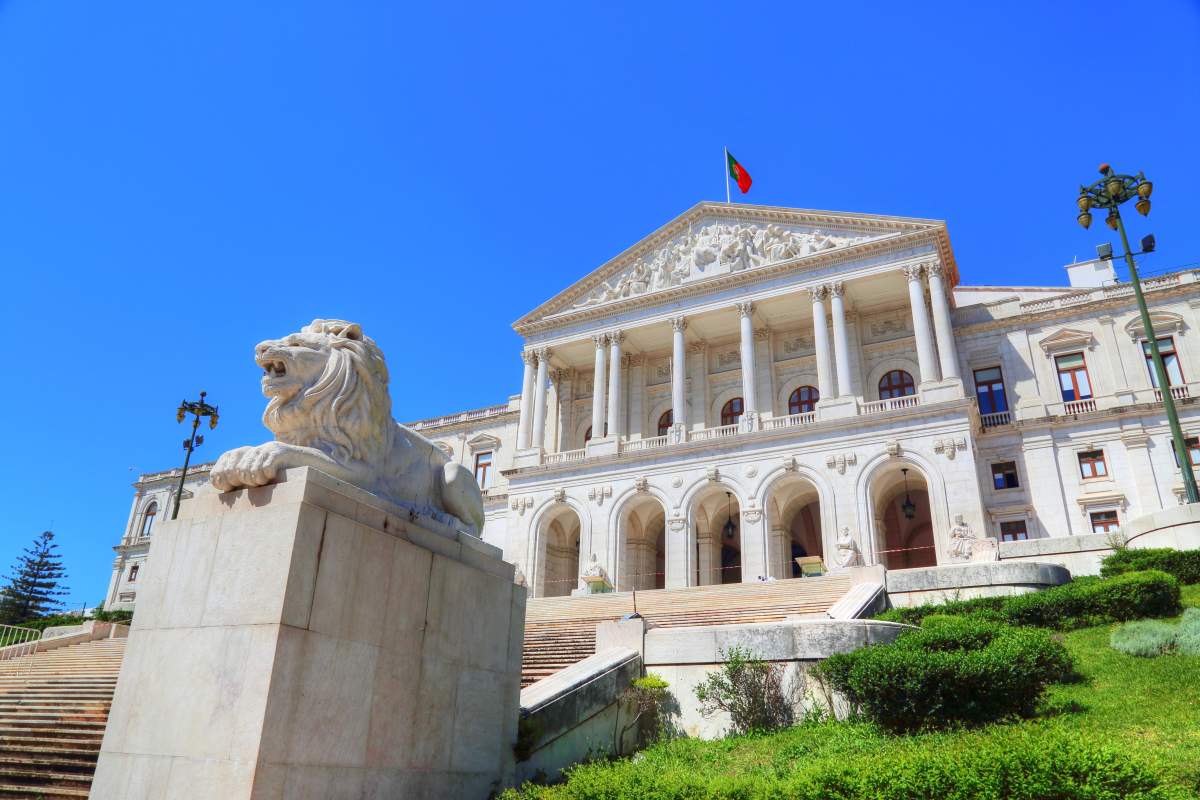On August 8, 2025, Portugal’s Constitutional Court deemed most of the changes to the Foreigners Law unconstitutional. The legal package was initially approved by Parliament in mid‑July—and is separate from the proposed changes to the Nationality Law, which is what most concerns Golden Visa/ARI applicants and holders.
The contents of the Foreigners Law bill
If it had become law, it would have:
- Imposed a two‑year wait before family reunification for most residents. The draft carved out exceptions for Golden Visa (ARI), EU Blue Card, and highly qualified/teaching/cultural permits.
- Limited the job‑seeker visa to highly qualified applicants only (details to be set later by regulation).
- Removed access to the urgent court orders people use to (hopefully) force AIMA to act when they don’t meet the legal deadlines imposed on it.
- Increased the legal limit for family reunification decisions from three to nine months (and up to 18 months in “exceptional” cases).
- Added a December 31, 2025 cut‑off for Manifestação de Interesse applicants who haven’t yet taken advantage of the relevant transition provisions.
Due to the deemed unconstitutionality, the entire bill was rejected and has now been sent back to Parliament. None of the above has entered into force.
Separate from this bill—and already in force—Portugal created a new immigration/border policing unit (UNEF) inside the PSP by decree. This is not affected by this Constitutional Court decision.
The Court’s verdict
In particular, the Court said that the two‑year family reunification wait (and longer processing times) went too far and would have harmed the constitutional right to family unity.
It also rejected the attempt to restrict the urgent court orders when AIMA fails to meet legal deadlines—which is all-too-often the case.
Importantly for Golden Visa investors, the Court specifically stated that offering more flexible family reunification rules to certain categories—including Golden Visa holders—is not unconstitutional. In fact, it recognized that Parliament can design more favorable rules for attracting investment and skills.
While this is a positive signal, it’s important to note that there’s no guarantee—or in my view even likely—that the government would carve out a faster path to citizenship for Golden Visa holders as part of the upcoming Nationality Law changes.
It does open the door for further improvements to the Golden Visa value proposition as a residence program—which, legally speaking, is what it is.
Whether or not now is a good time to apply for a Golden Visa largely depends on your personal circumstances, risk tolerance, and preferences. I’ll cover this topic in more depth in a separate article about the Nationality Law changes shortly.
Join  now!
now!
Get free access to our community & exclusive content.
Don't worry, I won't spam you. You'll select your newsletter preference in the next step. Privacy policy.
